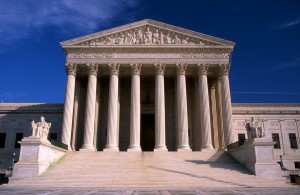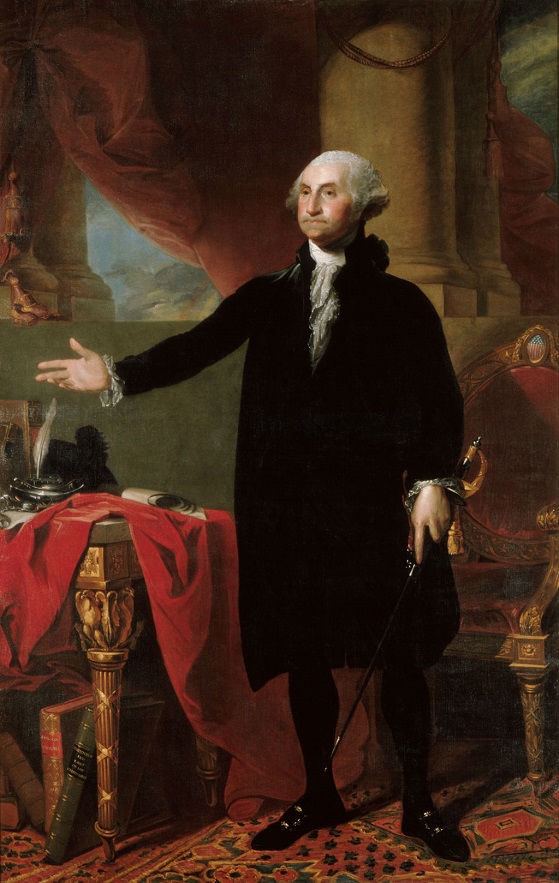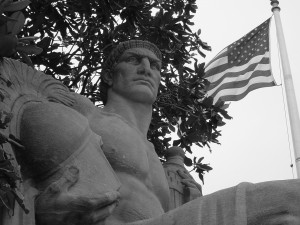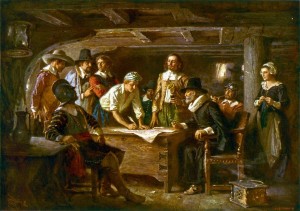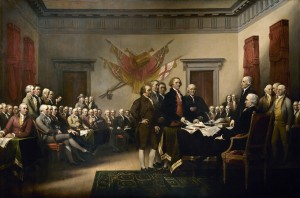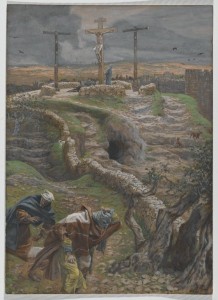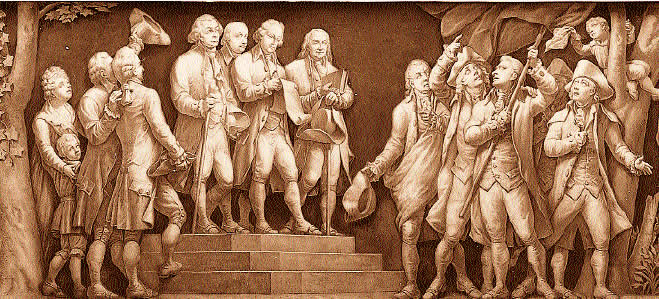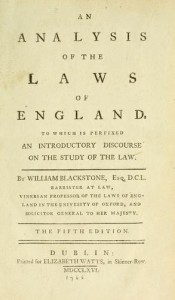Listen to or download this week’s radio program:
© 2014 Don Pinson / To Download, right-click here: [Download]
A hundred years ago, who would have ever believed Christians in America would be fighting for the right to keep homosexuals off our church staffs; or that we’d be having to try to protect our children from transgenderism in our schools? What happened to our nation that was once known as the most moral on earth? Can I be “gut-level” honest with you? We as church leaders lost the Biblical understanding of education, business, and civil government. And when we moved out of those God-ordained institutions, satan moved in!
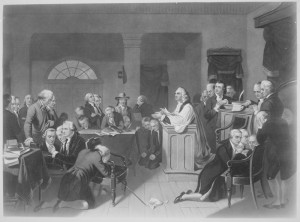 Our Founding Fathers knew the importance of teaching the Biblical understanding of these institutions. This is why they planned an extra meeting on Thursday afternoons, at which the local Pastor would teach about current events in light of the Scripture. By this method they created a nation which had a Biblical view of every major area of life. They knew if the Biblical view of education, business, and civil government did not permeate a nation satan’s view would. If we don’t return to this Biblical view of the world, we will shortly live as slaves to a dictatorial government.
Our Founding Fathers knew the importance of teaching the Biblical understanding of these institutions. This is why they planned an extra meeting on Thursday afternoons, at which the local Pastor would teach about current events in light of the Scripture. By this method they created a nation which had a Biblical view of every major area of life. They knew if the Biblical view of education, business, and civil government did not permeate a nation satan’s view would. If we don’t return to this Biblical view of the world, we will shortly live as slaves to a dictatorial government.
But why should we, as Christians, learn about civil government from our churches? Well, ask yourself this question: Who created civil government? As in all questions, the Bible has the answer. Continue reading


